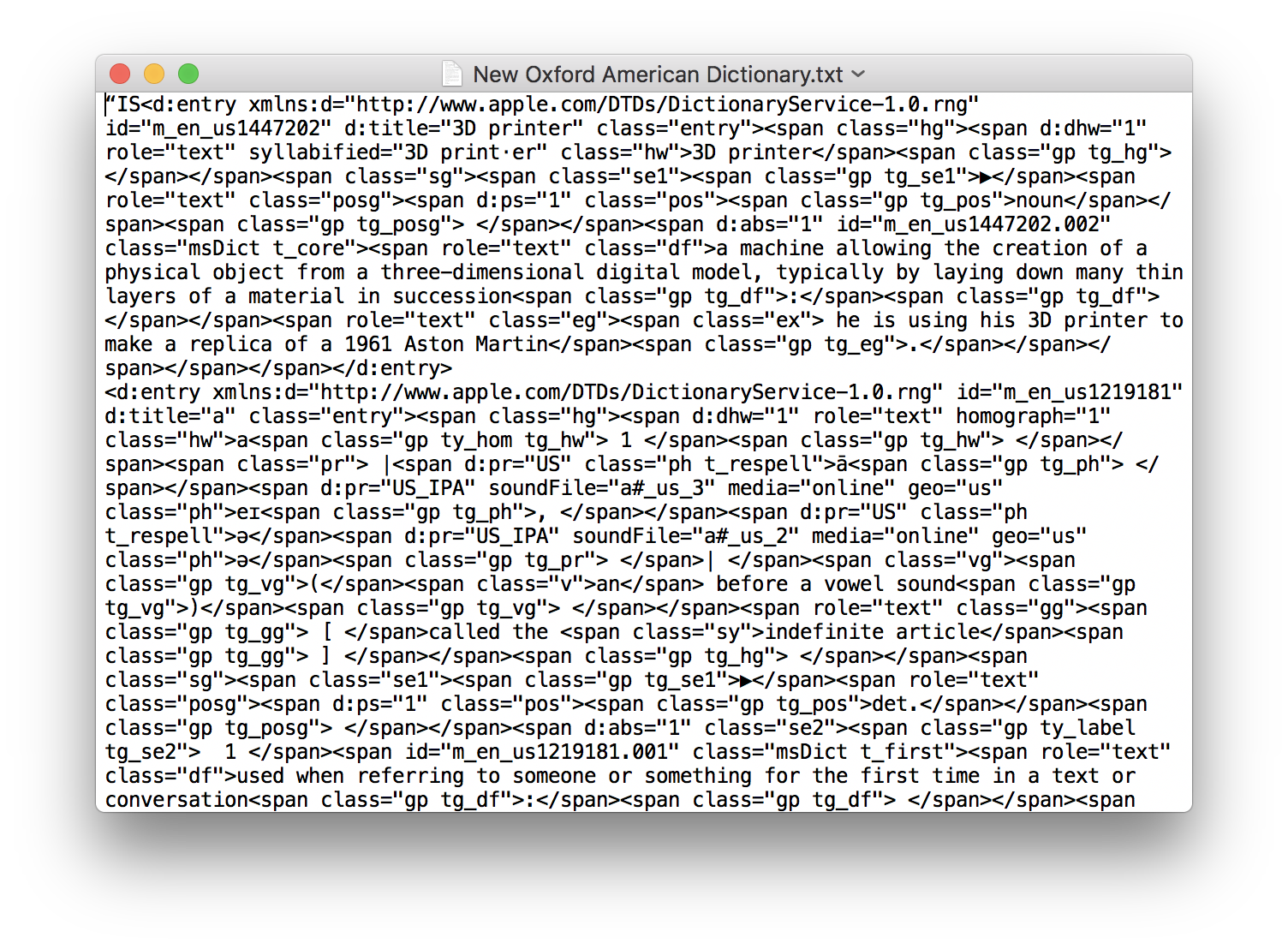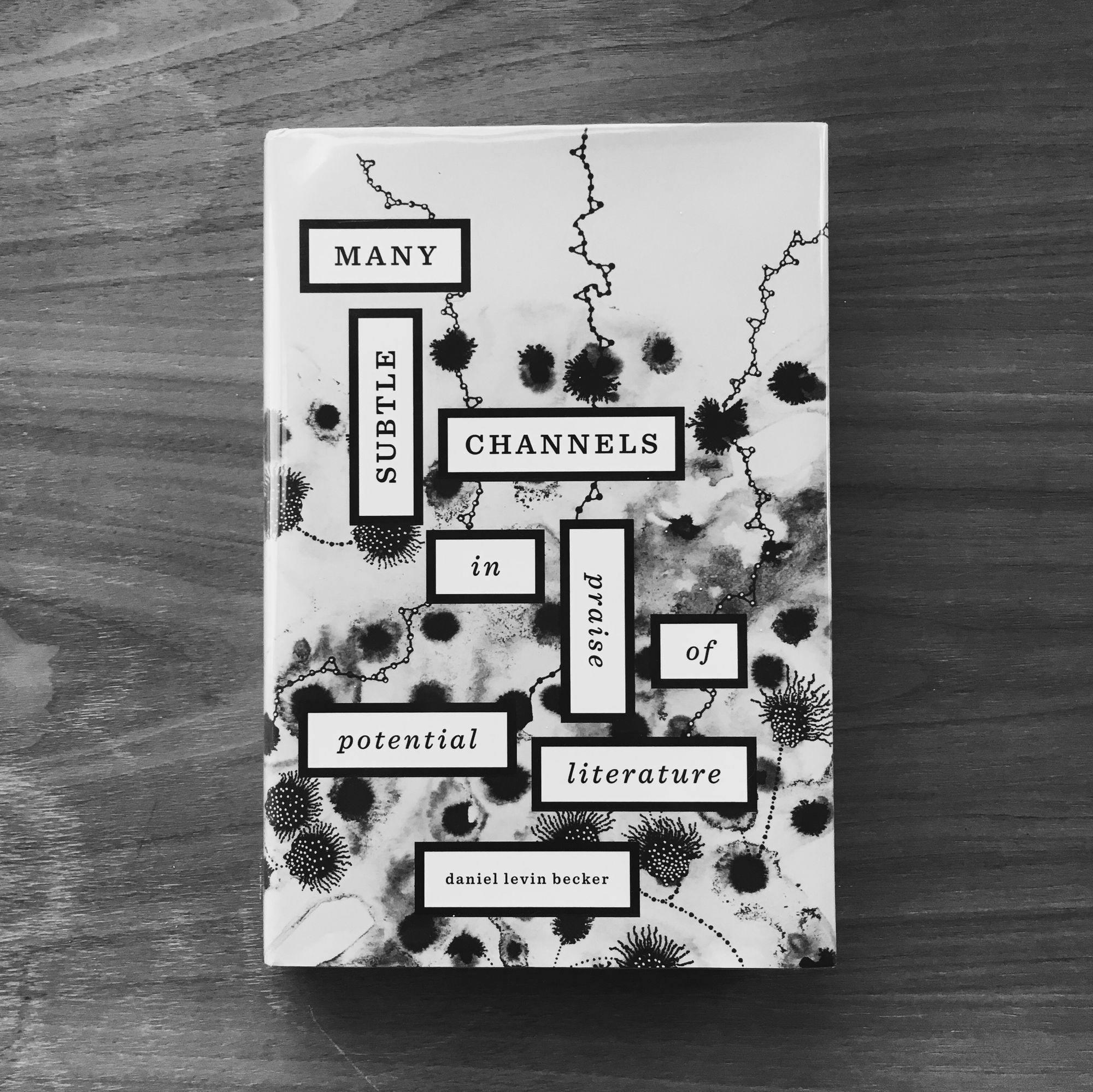#2: For the Love of a Prairie Chicken
Friends!
This second newsletter comes to you from a warm nook in the Mechanic’s Institute Library & Chess Room, aka the Actual Happiest Place on Earth, if you are a very specific kind of person. On the docket today: Prairie chickens, technical exposition, and playful Frenchmen. To business →
—
I. The Book
Since we last spoke, the book (or at least the growing Word document that currently constitutes the book) has marched proudly across the halfway line. There are stories about fame, golf, mountaineering, and the occult. There are letters, voicemails, lists, instructions, and at least one story involving the African Wild Dog. I also added two new dictionaries to the collection—a handsome old volume from 1948 known as the Home Book of Proverbs, Maxims and Familiar Phrases, and a predictably creepy children’s picture book from the late 70s called My First Dictionary. Next up: Filling in the gaps in this alphabetical list of themes by attempting to write perhaps the world’s first short story about Xenon, the noble gas.
—
II. Process: Searching for Sentences
In the previous newsletter, I introduced you to the dictionaries I’m mining for their precious example sentences. Today I’ll be talking about what that process actually involves. So strap on a headlamp, cram a fistful of canaries into your pockets, and join me before I exhaust this metaphor or your patience or both.
Approximately the first two dozen stories were written using nothing more than patience, luck, and the Dictionary program bundled with your Mac. Given that every word in that program functions as a link to the definition of that word, it’s easy to randomly skip through the digital pages of the New Oxford American Dictionary and find an embarrassment of great sentences.

However, while it’s short work to search for definitions, it’s not possible to search the content of example sentences themselves. Take a story like Captain, for example: I couldn’t find the sentence ‘Gulls and cormorants bobbed on the waves’ by searching for ‘gull’. Instead, I had to jump ahead by one degree of separation and guess at words whose example sentences might include ‘gull’—in this case, ‘wave’. While this technique was fun to puzzle out, it wasn't remotely efficient and relied heavily on luck. I don’t think any amount of guesswork or good fortune would have led me to a sentence like, ‘The haunting, age-old love call of the prairie chicken.’
So how do you search the content of example sentences? You ask a kind, handsome, and technically-savvy friend to break apart that program and give you this:

That’s a single 200mb XML file that contains the entire content of the New Oxford American Dictionary, including over 80,000 example sentences. Because XML is a structured format, all example sentences are clearly delineated, which meant not only could I now look for sentences that contained the word ‘gull’, I could use some search trickery to find sentences that began with ‘gull’:

Now, imagine for a moment that I wasn’t writing a story predominantly about seabirds. Let’s say instead I wanted a sentence about a male character walking somewhere—I could now do that by looking for sentences that began ‘He walked...’:

Or! Say I wanted any sentences which began ‘The something of something...’ where those somethings represent literally any words. I could use the wildcard operators in TextEdit to do just that:

Yahtzee! Are you still with me? Does this excite you as much as it did me? Probably not! But searching for sentences this way, and coming up with tricksy search queries in order to find what I’m looking for, remains a continual source of fun and fascination for me. If breaking open software to retrieve data like this wasn’t so legally, uh, hazy, I’d recommend it to anybody.
Being able to specify sentences that begin with a certain word—or combination of words—also makes it very easy to collect sentences with similar characteristics. Here are some ongoing lists of examples I’m continually adding to:
- Sentences that begin with ‘Don't...’
- Sentences that begin with ‘I’m sorry...’
- Sentences in the form of a question
- Sentences with only two, three, or four words
- Sentences with either five or seven syllables (for haiku!)
Anyway, that monstrous XML file practically tripled the speed at which I could find sentences to work with. But what about the eight other dictionaries, which weren’t available in this format? For longer than I care to admit, I had to skim through my physical copies and manually type out sentences I wanted to save. Dark times. But from the darkness came light, in the form of a magical company called Bound Book Scanning, who scan entire books and convert them using OCR (Optical Character Recognition) to produce fully searchable PDFs. Long story short, I now have digital, searchable versions of every dictionary I’m using for the project, and I no longer wake up in cold sweats from nightmares where I'm forced to read dictionaries at gunpoint.
—
III. Inspiration: The Oulipo
When I began writing these stories, I realized I would be contributing—in my own small, trifling way—to a long tradition of writers using elaborate constraints to write fiction. I had a vague familiarity with one group of writers particularly notable for this, but beyond their name and their existence I didn’t know much, which is what lead me to Daniel Levin Becker’s excellent book, Many Subtle Channels: In Praise of Potential Literature, a history of the international literary group known as the Oulipo.

The Oulipo and its members are known for pioneering a host of variably sadomasochistic writing constraints, and using them to write novels, short stories, and poetry, perhaps most famously Italo Calvino’s If on a winter’s night a traveler..., or Georges Perec’s La Disparition (translated as A Void, a 300-page novel that doesn't use the letter e). Many Subtle Channels plots the history of the group, but also reads like an abridged memoir, detailing how Levin Becker went from distant admirer to card-carrying Oulipo member. It’s miraculously accessible and has become my new go-to recommendation for anyone with even a passing interest in words and language. Some notable constraints:
- The Prisoner’s Constraint: Passages written without letters that have ascenders or descenders (b, d, f, g, h, j, k, l, p, q, t, and y).
- The Liberated Prisoner’s Constraint: Passages written only with letters that have ascenders or descenders (including vowels).
- N+7: Replace every noun in a passage with the word seven entries after it in the dictionary. (For example, Genesis 1—‘In the beginning God created the heaven and the earth’—becomes ‘In the bench Governor created the help and the economist.’)
- Snowball: Each successive word in a passage grows or shrinks by one letter.
- Abecedary: A work in which every successive line begins with the letters of the alphabet, in order from A–Z. (Eagle-eyed readers may have already noticed a rough approximation of this constraint on the blog: In The Beginning, a reworking of Genesis 1 where each sentence is an example of words in alphabetical order.)
I’m not suggesting for a moment that Dictionary Stories is a comparable or academically worthy Oulipo descendant, but there’s something humbling, instructive, and illuminating about locating your place in history. The idea that I am making even a small contribution to a long line of people playing with words is sustaining me as I push on to the finish line.
